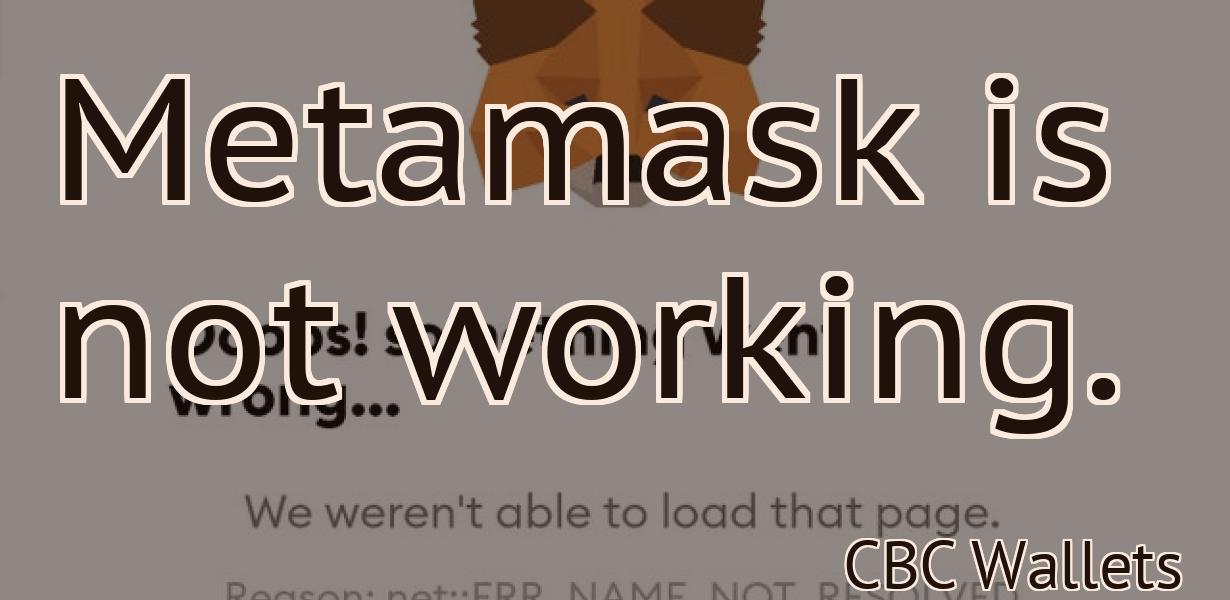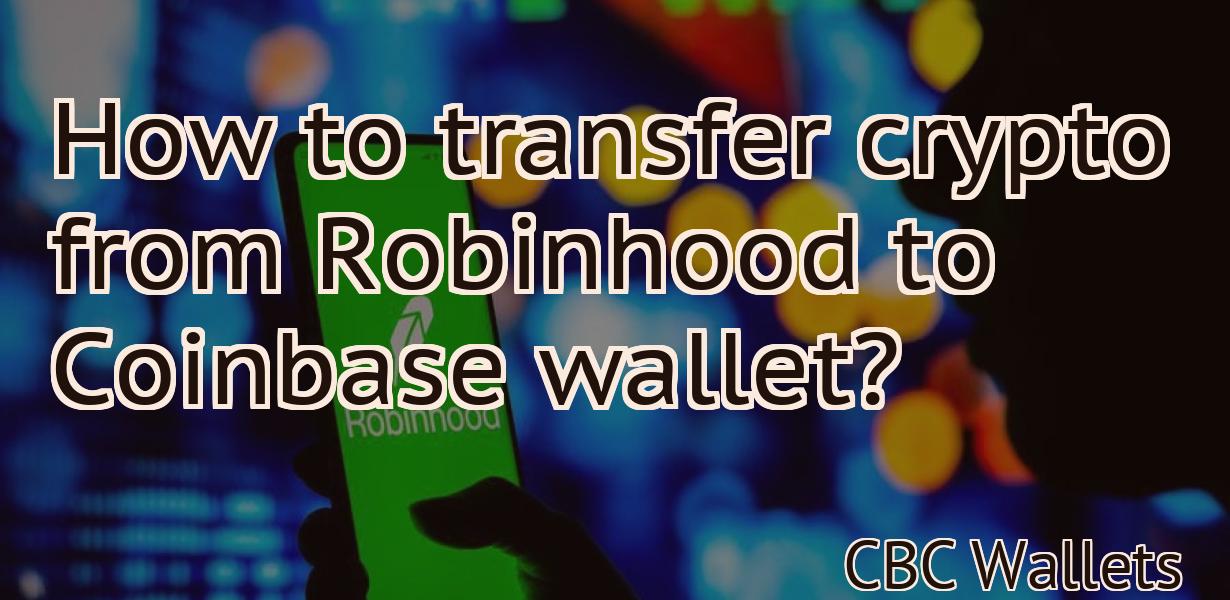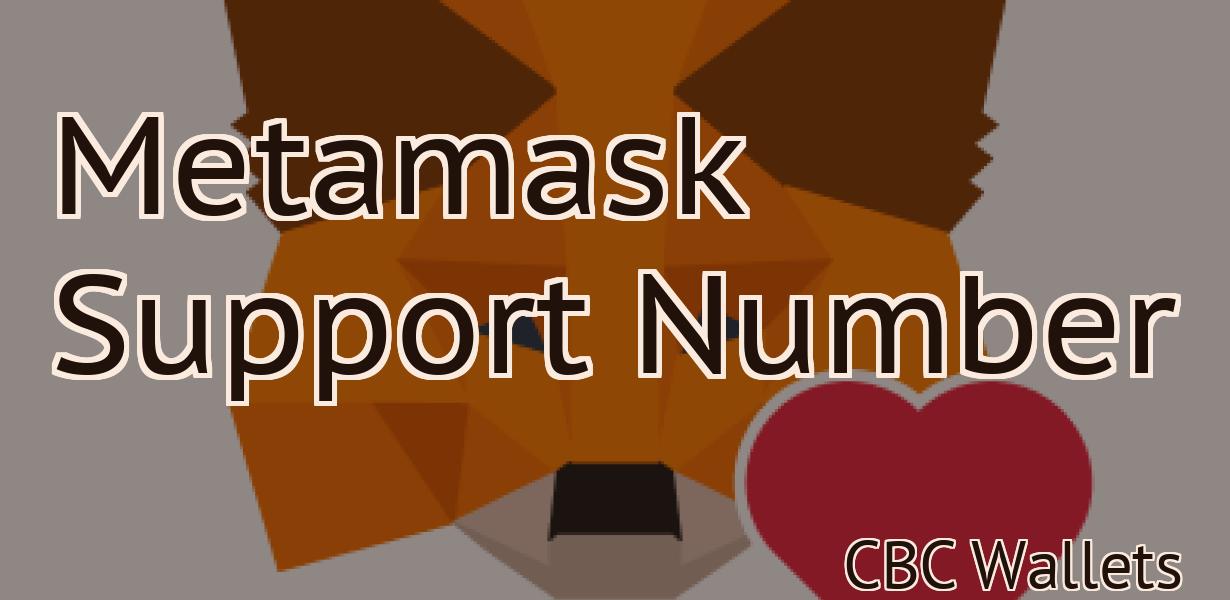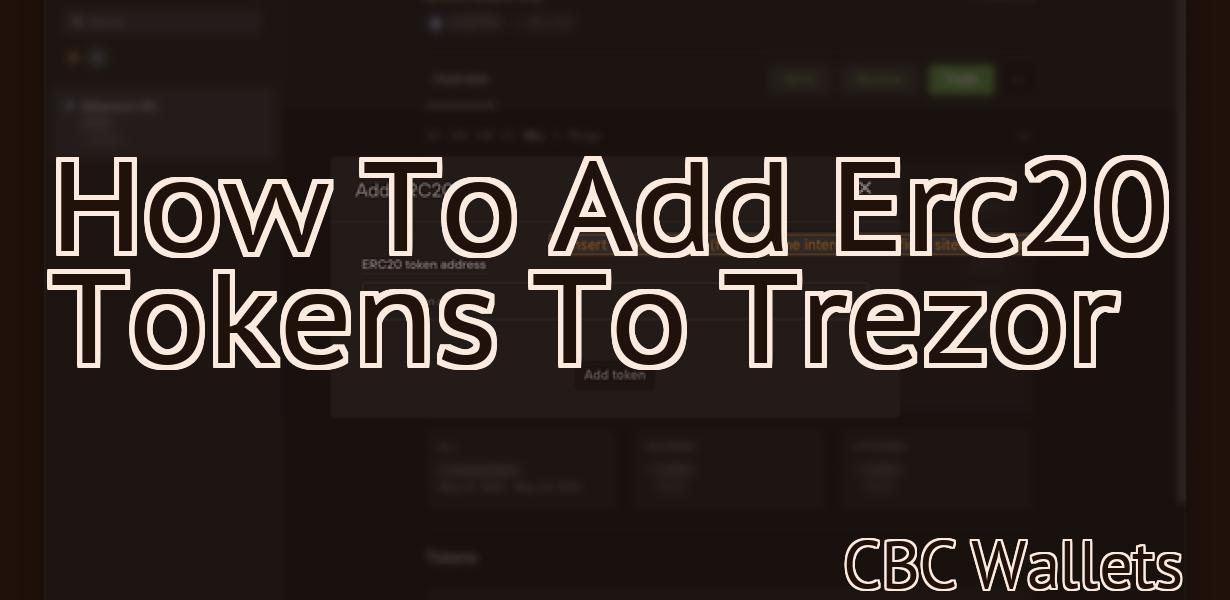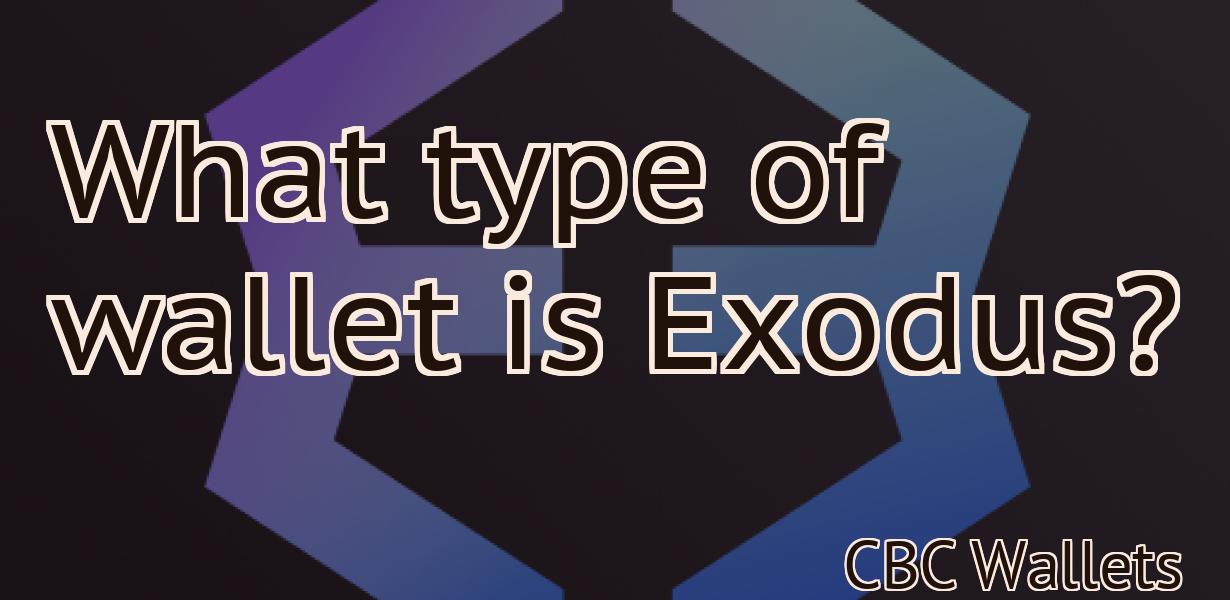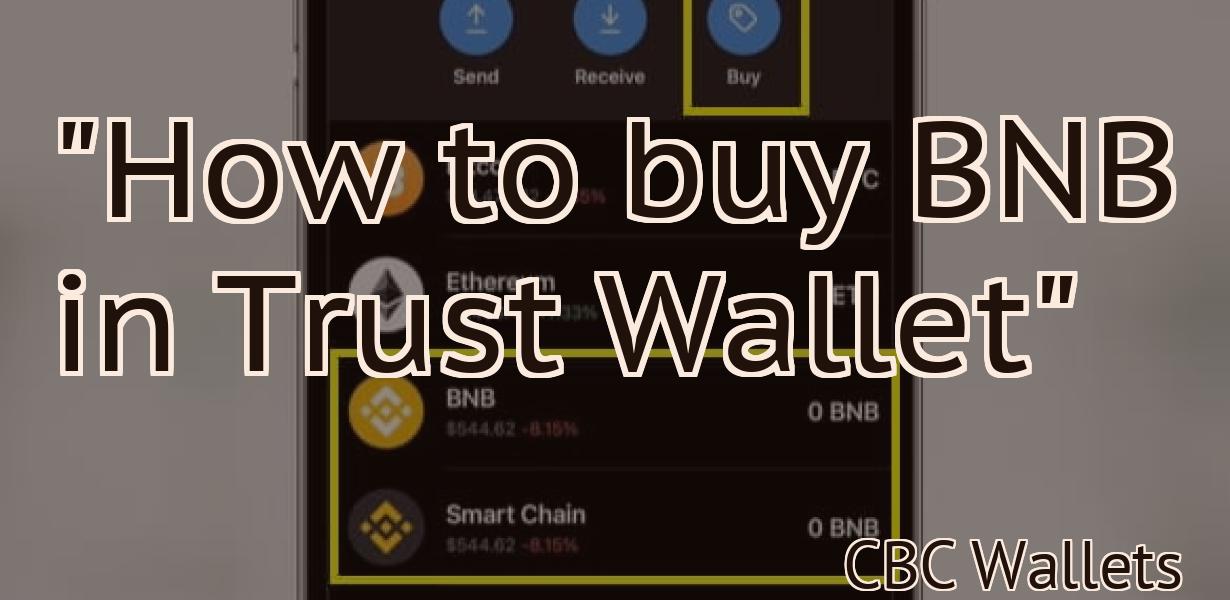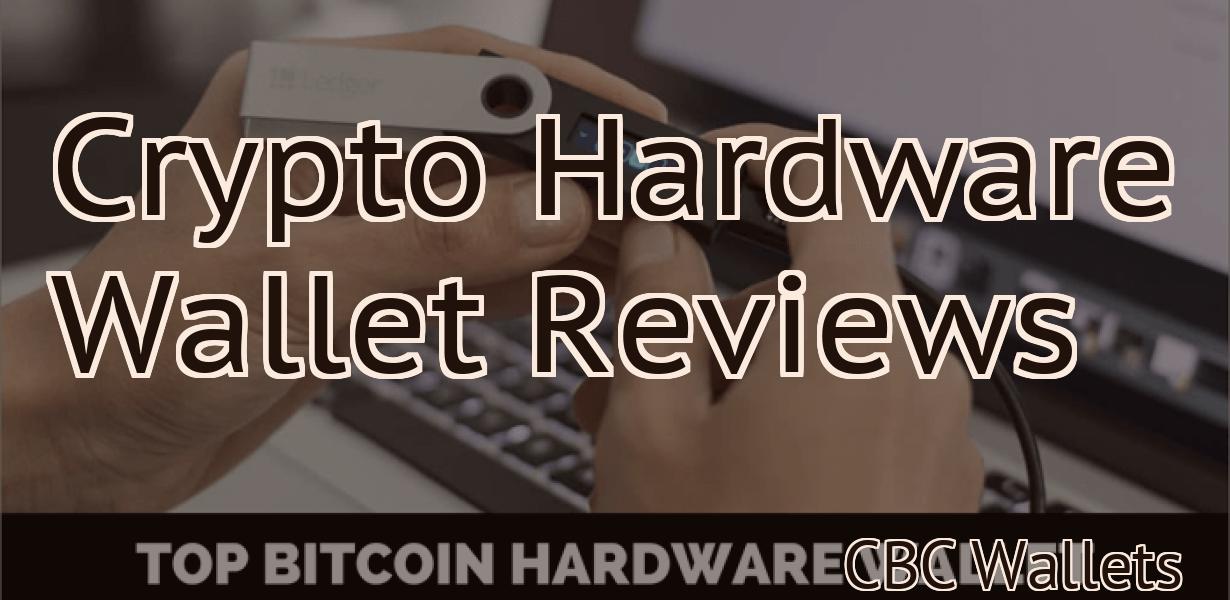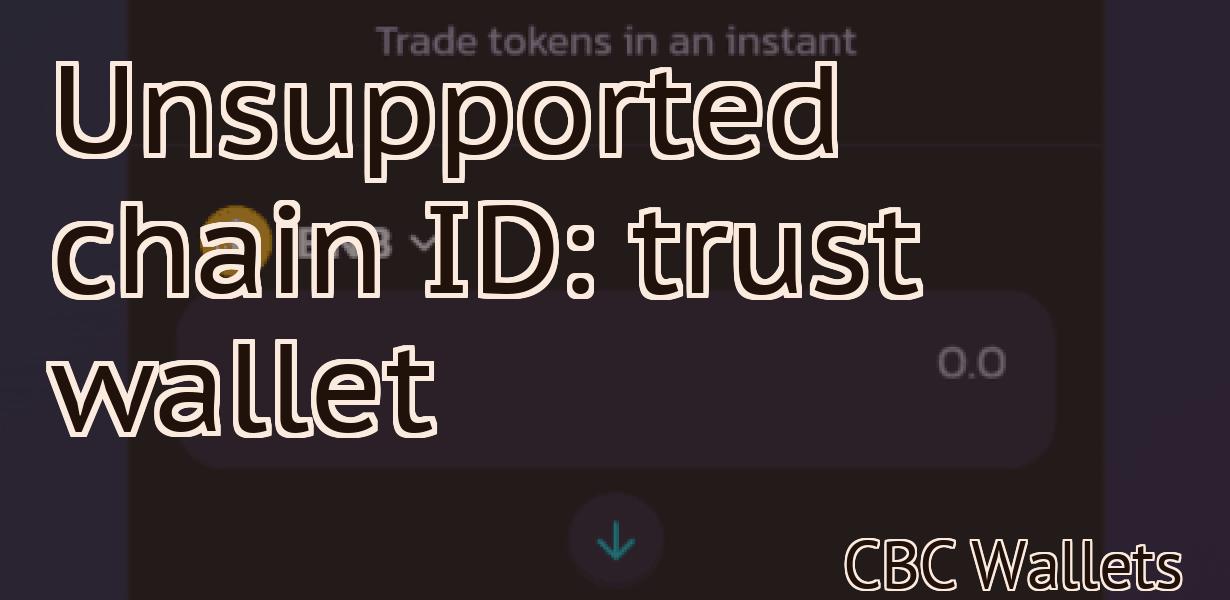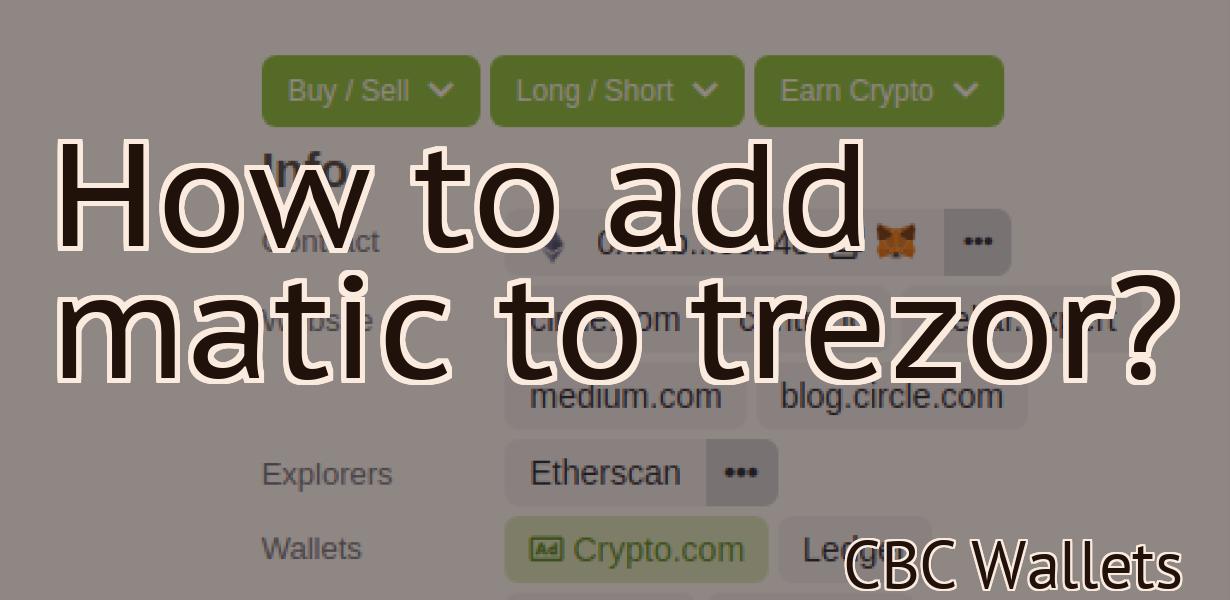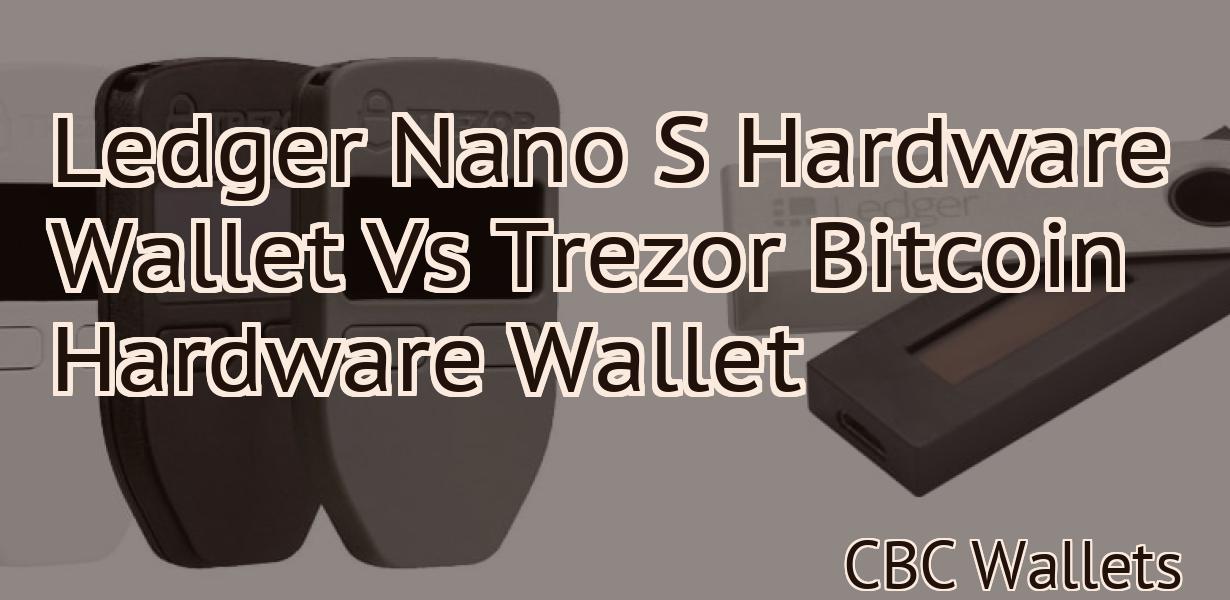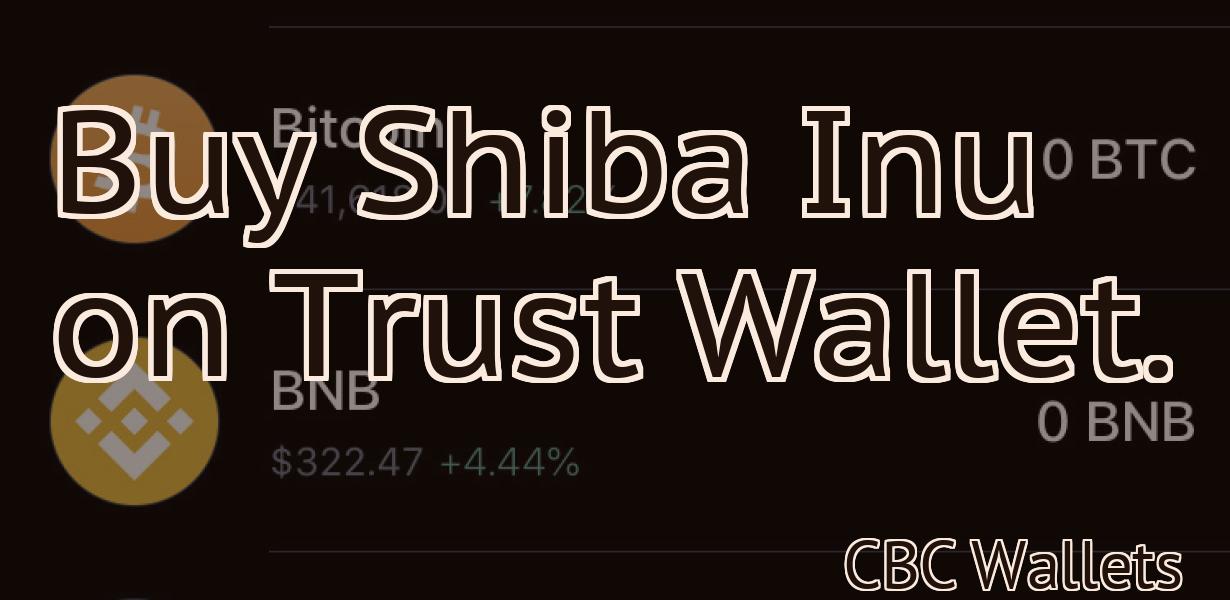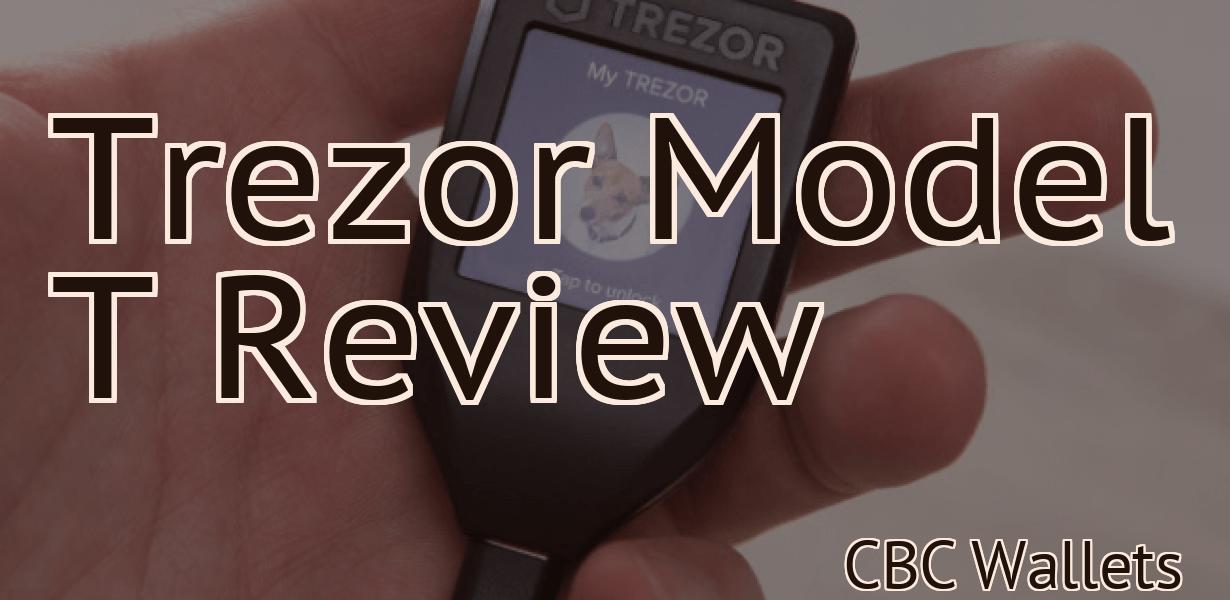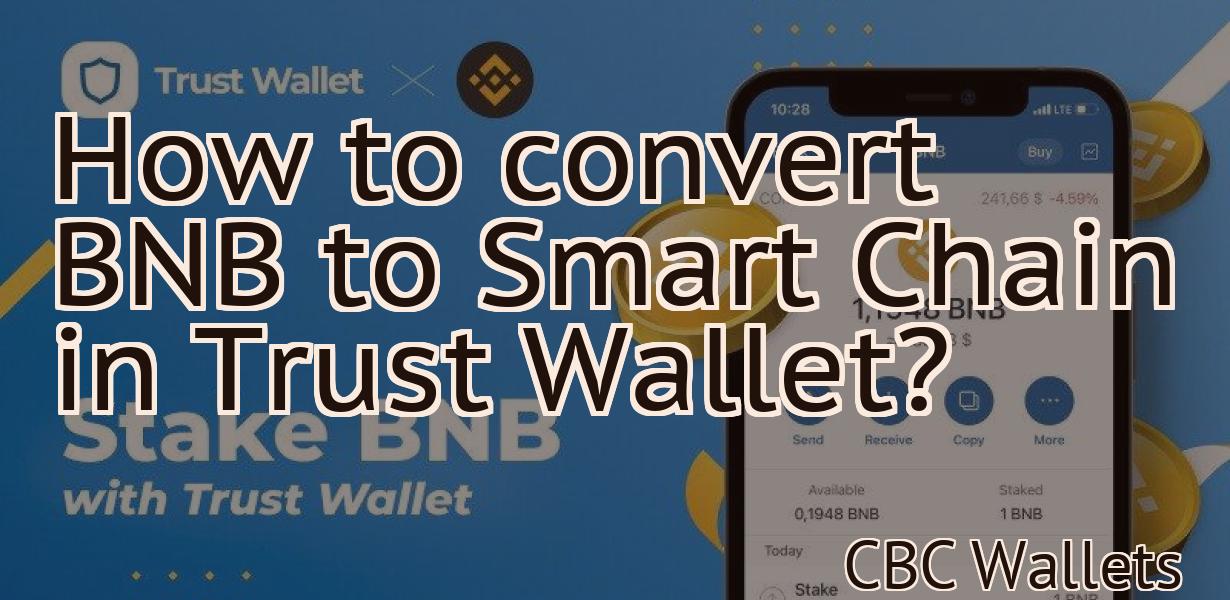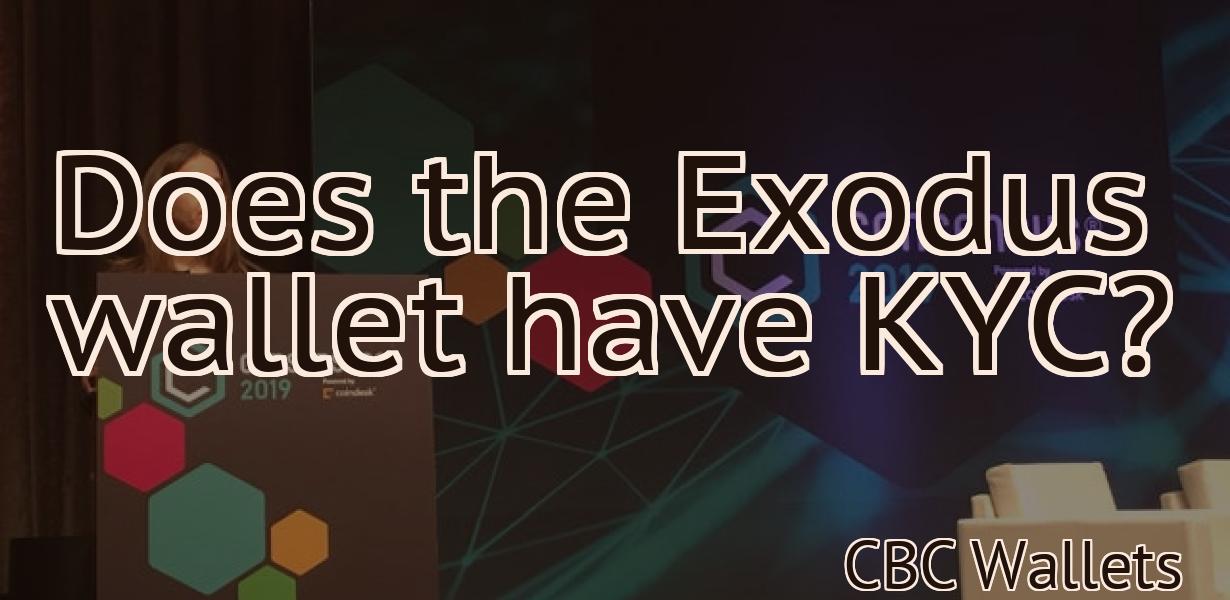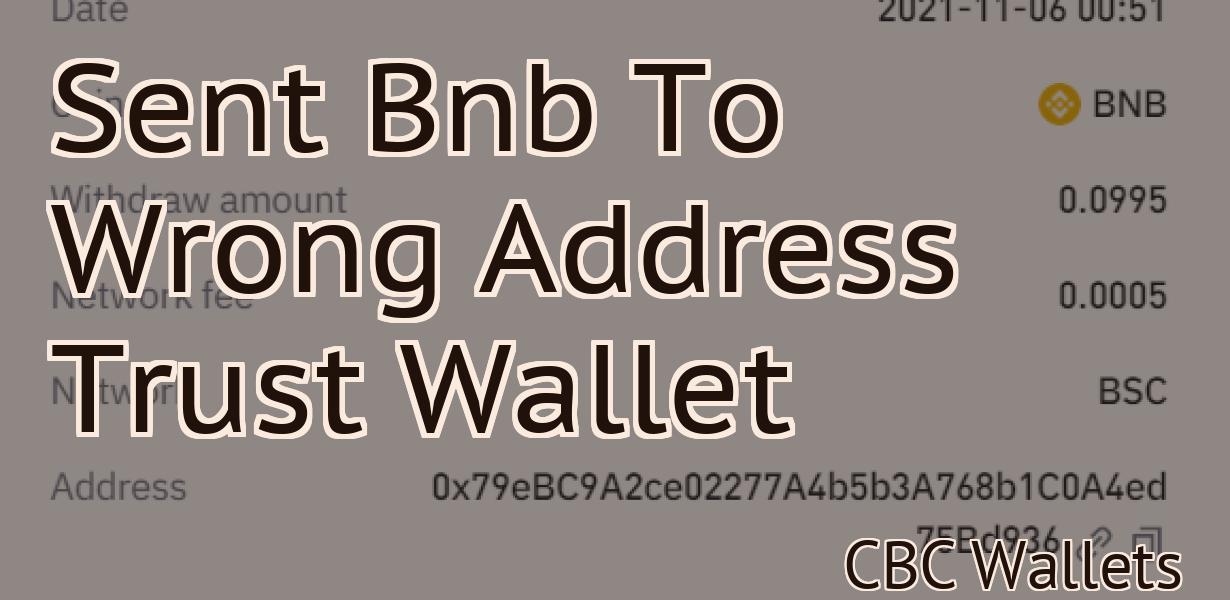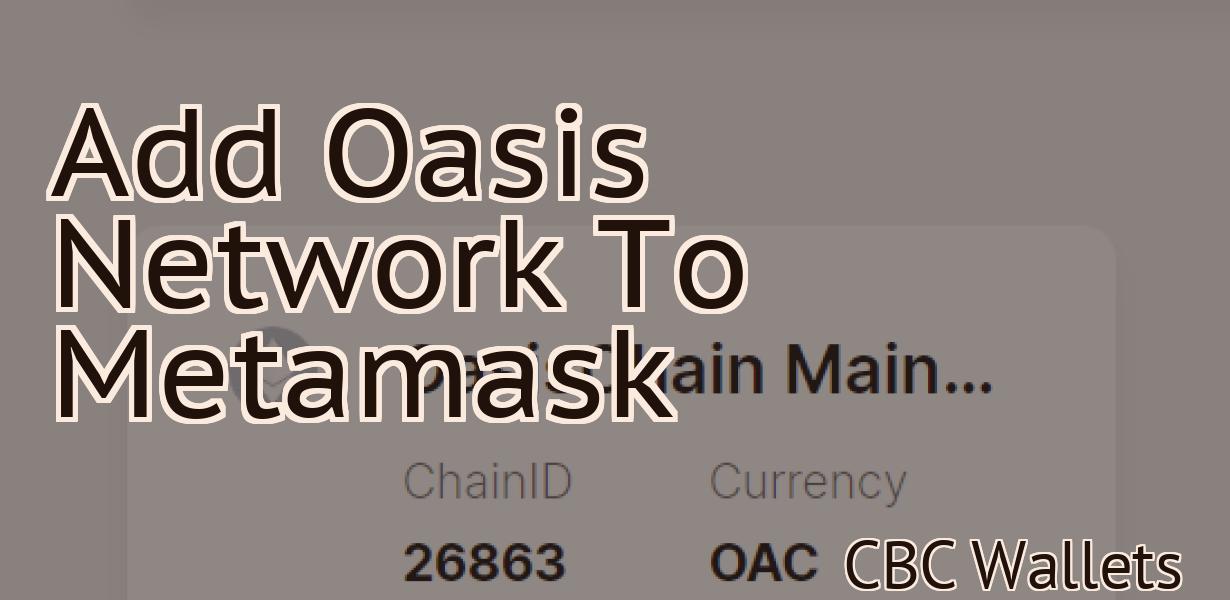Non-Custodial Crypto Wallet
A non-custodial crypto wallet is a type of cryptocurrency wallet where the private keys are not held by a third party. This means that the user is in complete control of their own funds and can make transactions without needing to trust a third party. Non-custodial wallets are often considered to be more secure than custodial wallets, as they cannot be hacked or stolen in the same way.
The Benefits of Non-Custodial Crypto Wallets
Cryptocurrencies are digital or virtual tokens that use cryptography to secure their transactions and to control the creation of new units. Cryptocurrencies are decentralized, meaning they are not subject to government or financial institution control.
Some of the benefits of using a cryptocurrency wallet instead of a traditional bank account include:
1. Increased Security: Cryptocurrencies are decentralized, meaning they are not subject to government or financial institution control. This makes them more secure than traditional bank accounts, which are subject to theft and fraud.
2. Reduced Costs: Because cryptocurrencies are not subject to government or financial institution control, they are not subject to the high fees charged by banks. This makes them a cost-effective way to pay for goods and services.
3. Increased Privacy: Cryptocurrencies are anonymous, meaning your personal information is not exposed when you use a cryptocurrency wallet. This can protect you from online identity theft and other attacks.
4. Increased Privacy and Control: Cryptocurrencies allow you to control your own money. This can give you greater privacy and control over your finances than you have with traditional bank accounts.
The Risks of Custodial Crypto Wallets
There are a few risks associated with custodial crypto wallets. The first is that the custodian may not have the best interest of the users in mind. For example, if the custodian is a centralized institution, they may be motivated to keep the coins in their own hands rather than redistribute them to users. This could lead to a situation where users don't have access to their coins or are at the mercy of the custodian.
Another risk is that the custodian may be hacked. If the custodian's servers are hacked, the coins stored on them may be stolen. If the coins are stolen, the user may not be able to access them or may have to pay a ransom to get them back.
Finally, there is the risk that the custodian will go out of business. If the custodian goes out of business, the coins stored on their servers may be lost forever.
The Best Non-Custodial Crypto Wallets
There are many different types of wallets and each has its own pros and cons. Here are some of the best non-custodial crypto wallets:
1. MyEtherWallet
MyEtherWallet is a popular, free, open-source wallet that supports Ethereum and many other cryptocurrencies. It is easy to use and has a user-friendly interface. MyEtherWallet is also one of the few wallets that supports both desktop and mobile devices.
2. Jaxx
Jaxx is a popular, multi-cryptocurrency, open-source wallet. It supports Bitcoin, Ethereum, Dash, Litecoin, Dogecoin, Bitcoin Cash, ERC20 tokens, and more. Jaxx is easy to use and has a user-friendly interface. Jaxx also has an app for both Android and iOS devices.
3. Coinbase
Coinbase is a well-known, popular, and well-maintained cryptocurrency wallet. It supports Bitcoin, Ethereum, Litecoin, Bitcoin Cash, ERC20 tokens, and more. Coinbase is easy to use and has a user-friendly interface. Coinbase also has an app for both Android and iOS devices.
4. Exodus
Exodus is a popular, well-maintained, and user-friendly cryptocurrency wallet. It supports Bitcoin, Ethereum, Litecoin, Dash, Dogecoin, Bitcoin Cash, ERC20 tokens, and more. Exodus is easy to use and has a user-friendly interface. Exodus also has an app for both Android and iOS devices.

The Worst Non-Custodial Crypto Wallets
There are many crypto wallets that are not custodial. These wallets allow users to store their cryptocurrencies without having to trust a third party. However, this doesn't make these wallets the best option for everyone.
Some of the worst non-custodial crypto wallets include MyEtherWallet, Coinbase, and Exodus.
MyEtherWallet is one of the most popular non-custodial crypto wallets. However, this wallet has been criticized for being vulnerable to theft. In March 2018, MyEtherWallet was hacked and $30 million worth of cryptocurrencies was stolen.
Coinbase is another popular non-custodial crypto wallet. However, this wallet has been criticized for being slow and difficult to use.
Exodus is a relatively new non-custodial crypto wallet. However, this wallet has been criticized for being vulnerable to hacks. In February 2019, Exodus was hacked and $5 million worth of cryptocurrencies was stolen.

How to Choose the Right Non-Custodial Crypto Wallet
There are a number of factors to consider when choosing a non-custodial cryptocurrency wallet. These include the security features offered, the ease of use, and the coin selection.
Security Features
Cryptocurrency wallets should offer a high level of security. Some of the most common security features include two-factor authentication and cold storage.
Two-factor authentication requires users to enter not only their password, but also a second verification code. This code is usually sent to the user’s phone via text or email.
Cold storage is a method of storing cryptocurrencies offline. This helps to protect them from being stolen or hacked. Some wallets offer multiple cold storage options, including hardware wallets and paper wallets.
Ease of Use
Cryptocurrency wallets should be easy to use. This includes being able to backup and store your coins, as well as making transactions easy.
Some wallets offer an easy-to-use desktop app, while others offer a mobile app. Additionally, some wallets allow you to make transactions directly from the wallet.
Coin Selection
When selecting a cryptocurrency wallet, it is important to choose a coin that you are interested in. This will help you to make more informed decisions when selecting a wallet.
Some popular coins to choose from include Bitcoin, Ethereum, and Litecoin.
How to Use a Non-Custodial Crypto Wallet
To use a non-custodial crypto wallet, you will need to generate a new keypair. Once you have generated your keypair, you will need to save it somewhere safe.
Next, you will need to install a crypto wallet on your computer. The most popular crypto wallets are Exodus and Jaxx. After you have installed the crypto wallet, you will need to generate a new keypair. To do this, open the crypto wallet and click on the “Create New Keypair” button. Next, you will need to enter your keypair information, including your private key and public key. Make sure to store your keypair somewhere safe!
Finally, you will need to connect your non-custodial crypto wallet to your computer. To do this, open the crypto wallet and click on the “Connect” button. Next, you will need to enter your private key information and click on the “Connect” button. Finally, you will need to enter your public key information and click on the “Connect” button.
What to Look for in a Non-Custodial Crypto Wallet
There are a few key features to look for when selecting a non-custodial crypto wallet. These include:
Security: Make sure the wallet is secure by ensuring that private keys are stored securely and that the wallet is not accessible from the internet.
Make sure the wallet is secure by ensuring that private keys are stored securely and that the wallet is not accessible from the internet. Privacy: Make sure the wallet does not track or monitor user activity.
Make sure the wallet does not track or monitor user activity. User-friendliness: Make sure the wallet is easy to use, with an intuitive interface.
Make sure the wallet is easy to use, with an intuitive interface. Compatibility: Make sure the wallet is compatible with the cryptocurrency you want to use.

The Pros and Cons of Non-Custodial Crypto Wallets
Pros
Non-custodial wallets are more user-friendly than custodial wallets.
Non-custodial wallets don’t require the installation of a third-party application.
Non-custodial wallets don’t require a login or password.
Non-custodial wallets are less likely to be hacked.
Non-custodial wallets can be accessed from anywhere in the world.
Cons
Non-custodial wallets are not as secure as custodial wallets.
Non-custodial wallets are not as reliable as custodial wallets.
Non-custodial wallets are not as easy to use as custodial wallets.
Why Non-Custodial Crypto Wallets are the Better Choice
?
There are a few reasons why non-custodial crypto wallets are the better choice. The first reason is security. With a non-custodial wallet, you never have to worry about your coins being stolen or lost.Secondly, non-custodial wallets are much easier to use. You don't have to worry about storing your private keys, and you can access your coins from anywhere in the world. Lastly, non-custodial wallets are cheaper than custodial wallets.
How Non-Custodial Crypto Wallets Protect Your Funds
A non-custodial wallet is a wallet in which you do not have physical possession of your funds. Instead, the wallet provider holds your funds for you. This type of wallet is typically more secure than a custodial wallet, as the provider cannot access your funds without your permission.
One reason why a non-custodial wallet is more secure is that the provider cannot steal your funds by breaking into the wallet. In a custodial wallet, the provider can steal your funds by breaking into the wallet and stealing the coins that are stored there.
A non-custodial wallet is also more secure because the provider cannot break into your computer and steal your coins. In a custodial wallet, the provider can break into your computer and steal your coins if he or she has access to your computer.
A non-custodial wallet is less secure than a custodial wallet if the provider is a malicious person. A malicious person can break into a custodial wallet and steal the coins that are stored there.
The Advantages of Non-Custodial Crypto Wallets Over Custodial Wallets
When it comes to cryptocurrency, there are a few key advantages to using non-custodial wallets over custodial wallets.
Non-custodial wallets are more secure: With a custodial wallet, the owner of the wallet is responsible for storing the private keys associated with their cryptocurrency holdings. In contrast, non-custodial wallets do not require the owner to store the private keys, meaning that they are not as secure.
Non-custodial wallets are cheaper to use: With a custodial wallet, you will likely have to pay fees to the wallet provider in order to maintain your holdings. In contrast, non-custodial wallets are free to use.
Non-custodial wallets are easier to use: With a custodial wallet, you will likely have to learn how to use a specific cryptocurrency wallet. In contrast, non-custodial wallets are typically more user-friendly, making it easier for you to access and manage your holdings.







